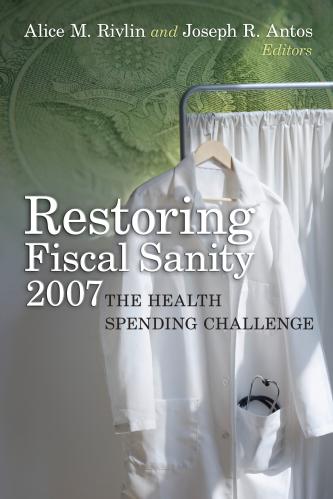Abstract
This paper provides new evidence on the magnitude of the budget surplus under responsible and realistic accounting procedures, and on the wisdom of a large scale tax cut. We show that although the current projected surplus is about $5.6 trillion over the next 10 years, basic corrections to the budget to incorporate responsible approaches to budgeting and plausible notions of current policy reduce the available 10-year surplus to between $1.0 and $1.7 trillion, while a full recognition of the growth of unfunded entitlement programs makes the surplus vanish entirely. These finding suggest that the President’s proposed tax cut-which is billed as a $1.6 trillion proposal but which would in fact cost well over $2 trillion-is excessively large. Moreover, we show that the President’s tax proposal is poorly designed to jump-start the economy, and that arguments that tax cuts are needed to stop wasteful government spending and to avoid fully paying off the government’s debt are flawed. Taken together, these factors suggest that tax cuts that consume all or more of the available surplus over the next 10 years and significantly worsen the long-term fiscal outlook remain a poor idea.
The Brookings Institution is committed to quality, independence, and impact.
We are supported by a diverse array of funders. In line with our values and policies, each Brookings publication represents the sole views of its author(s).








